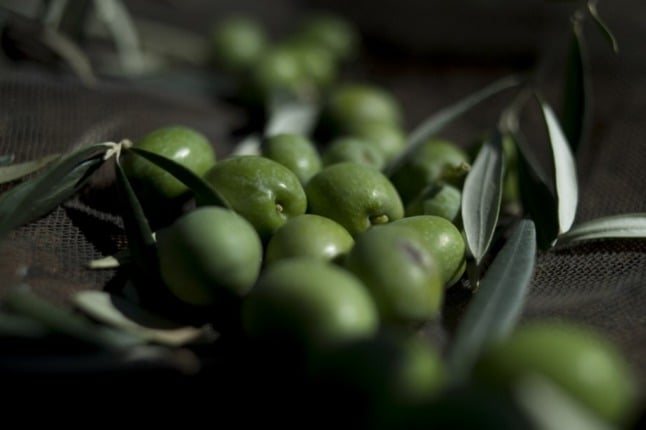Until now, the deciding factor in where a product can be labelled as coming from has been where the last process in production is carried out.
But the European Commission plans to limit claims of origin to products of which at least 45 percent of the value was created in Germany, Die Welt newspaper reported on Monday.
Current rules mean that products can be labelled as “Made in Germany” even if more than 90 percent of the work in making them takes place in other countries.
Industries such as car manufacture, electronics and machinery construction would be most affected by the planned rule changes, the paper said.
“The planned changes would put the label “Made in Germany” in danger,” Hans Heinrich Driftmann, president of the Association of German Chambers of Industry and Commerce (DIHK), told Die Welt.
“If in the future, the origin and value of the base materials are decisive, many products will no longer be seen as German,” he said.
This would cause immense damage to the German economy and would remove important information for consumers, he said.
“The label “Made in Germany” stands world wide for quality, and boosts German exports,” said Driftmann.
“The current rules on origin are unbureaucratic and internationally recognised – plans to change them should disappear back into a drawer. The Commission should keep its promise to reduce bureaucracy and to support mid-sized companies with internationalisation.”
Die Welt said that Algirdas Semeta, European Commissioner for Taxation and Customs Union, audit and Anti-Fraud, drew up plans to change the rules after the European Courts of Justice ruled in favour of a German company importing rope from China.
The firm had argued it should not pay punitive tariffs on steel rope it was importing from North Korea as the material was from China, where punitive tariffs would not apply, and was only assembled in North Korea, the paper said.
The Local/hc




 Please whitelist us to continue reading.
Please whitelist us to continue reading.
Member comments